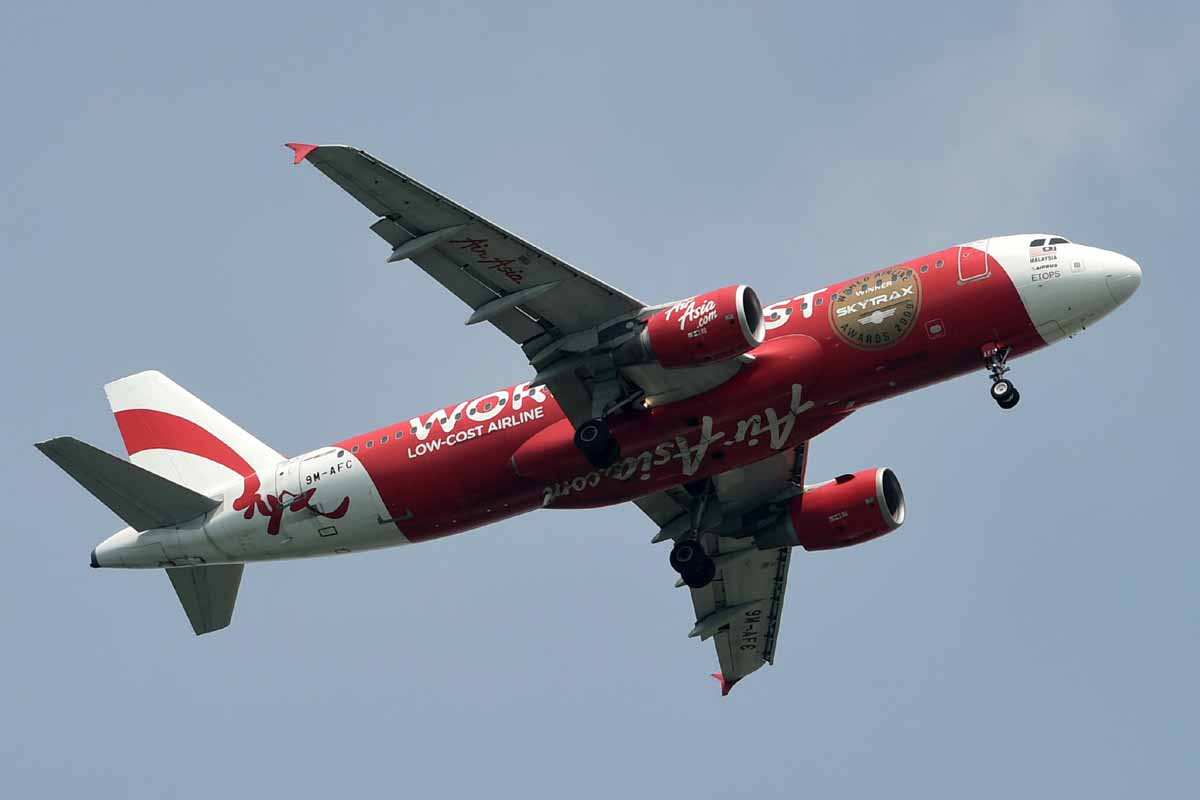As the flames of the Airbus scandal singe the sub-continent, with allegations of bribery in aircraft acquisitions by Nepal and Sri Lanka, and by a Malaysian carrier that has embraced Indian skies, it is clear that nothing very much has changed in the past half century with respect to the manner in which airplanes are bought and sold. The Lockheed bribery scandal of the 1960s and 1970s had caused considerable consternation in erstwhile West Germany, Italy, Japan, the Netherlands, Saudi Arabia and the United States and had led to the near collapse of the company.
Airbus last week agreed to pay a record $4 billion in fines after reaching a plea bargain with investigators in Britain, France and the United States, following a four-year investigation into the company’s activities. The bribes are said to cover a period of nearly 15 years and while the plea bargain may temporarily let the company off the hook, the plot will likely thicken as other jurisdictions step into the picture following the revelations.
Airbus’ agreement to pay the record fine though has nothing to do with contrition; it was aimed at securing a deferred prosecution agreement in the three countries whereby the company will remain under surveillance for three years and face prosecution only if further transgressions take place. Investigations are said to have revealed that huge bribes were paid to secure deals with Malaysia’s Air Asia, Nepal Airlines Corporation, Sri Lankan Airlines and Taiwan’s Trans Asia Airlines.
In addition to cash bribes, the company in 2013, according to filings in the United States, treated Chinese airline executives to activities such as golf, scuba diving, snorkelling cruises, horseback riding, ocean kayaking, surfing lessons and cocktail and luau dinner receptions. Reports say that officials in Nepal were bribed 340,000 euros for the sale of two Airbus A320 aircraft. In Sri Lanka, a reported $2 million was paid to the wife of an airline executive.
With Airbus’ dubious business practices now out in the open, there are two aspects of the scandal that are of immediate interest. For at least the past few years, the Enforcement Directorate has been probing allegations of bribery in the acquisition of Airbus aircraft during the regime of the United Progressive Alliance without making much headway. Unless the probe was only for political purposes, ED officials should join the trans-Atlantic investigation to get to the bottom of the mess.
The other and more worrying aspect is that Airbus delivers more than 800 aircraft annually and at the end of 2019 had an order book of nearly 7,500 aircraft. On Airbus’ own estimation, the global aviation market will need nearly 40,000 aircraft in the next 20 years, and Airbus will hope to corner a substantial share of this business. Buyers and governments around the world would do well to scan the company’s business practices intensely before agreeing to sign its order book.











